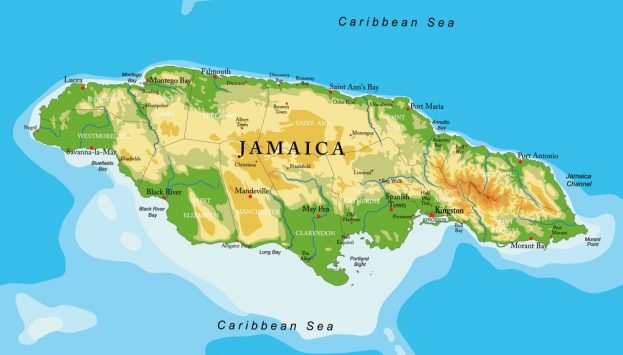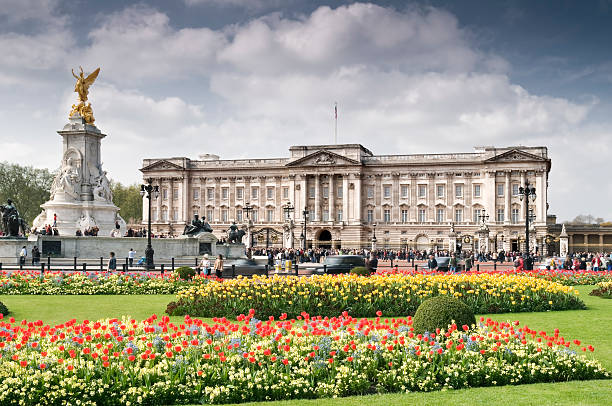
Dr Peter Phillips’ now famous quote that ‘the man who plays by the rules is the man that gets shafted’, came home to me most forcibly about two weeks ago after witnessing an incident involving an illegal taxi operator and the police in Half-Way-Tree, near the Transport Centre.
The incident not only revealed the paradox evident in Dr Phillips’ statement, but as well an obviously more intense socio-psychological dynamics that speak to the interactive forces at play as we grapple with issues of economic growth and development as a country. That single incident is symptomatic of a much deeper issue that embraced fear, desperation, hopelessness, power and authority, (dis)respect, intolerance, indiscipline, and signalled a mode of the ‘survival of the fittest’. It represented the natural conflict not only between social groups, but among social groups and presents the greatest challenge to Jamaica’s ‘prosperity’ or ‘progress’ if the root of the problem that has impeded our path to development as a country is not addressed.
It was a common everyday occurrence, an illegal taxi operator, with all his car windows tinted, was stuck in the traffic just outside the Transport Centre. The police were out in full force on that day and an officer approached the taxi and signalled the driver to pull over. Caught in traffic, the driver rolled down his window, but was still inching his way through the traffic. The police officer, with head now inside the vehicle, was apparently reaching for something — whether to remove the car keys, draw up the hand-brake, put the vehicle in neutral, I’m not sure. When it became obvious from the commotion that the taxi was going no further, all three doors were flung open and the passengers began filing out — not one, not two but a total of eight persons exited the vehicle.
The traffic began moving slowly, which was enough for the driver to make a desperate effort to evade the officer. But the car could go nowhere and slammed into the back of another vehicle with the officer nearly thrown to the ground because of the sudden lunge and impact.
Thereafter the drama unfolded even further. In an over-crowded Half-Way-Tree with dozens of witnesses to the incident, the officer understandably felt embarrassed. He now had to exert his authority and so forcefully opened the driver’s door and dragged him out of the vehicle. The driver, a man perhaps in his 50s, made no attempt to resist as he was draped up by the waist, and the officer beckoned frantically to some of his colleagues for assistance and support. Would the presence of his colleagues — his ‘back up’ — cause his behaviour to be more hostile or tolerant, one wonders?
There were similar and contrasting facial expressions and body language from the illegal taxi driver and the officer. Both showed expressions of embarrassment and humiliation; the officer attempted to cover up his by a show of anger and a display of abusive power and authority. The driver remained apprehensive and benumbed. Both driver and police officer would have felt they were disrespected.
The drama surrounding this single incident typifies the social environment in which we seek to develop our country. It is the law of the jungle which, to paraphrase Rudyard Kipling, is as old and as true as the 55 years of our Independence, and our illegal taxi operators — as are others in our society — have accepted that they can only prosper and survive by an ‘obedience’ to jungle law. For if they follow the rules and abide by the law of the land, their claim is that they will not be able to eke out an existence to support the family depending on them.
They believe that the bureaucracy oppresses them; that the exorbitant taxes and other fees are akin to an albatross around their necks; that authority and authority figures disrespect them; and nowhere can they turn in the Jamaican polity for sympathy and support.
For them, the human instinct to survive is the most potent and powerful force, and therefore whatever fines the courts of the land wish to impose, or whatever humiliation may befall them at the hands of authority, they are prepared to face for they serve the essential purpose, which is good enough for their survival.
The fact is that when the majority of a country’s citizens are of the view that no one will guarantee them a fair share of what is due to them, they are left with the mindset that they are on their own. It is a mindset that will result in behaviour designed to ensure individual survival. It is a clear understanding of this mindset and the attendant jungle justice behaviour which provides the context for the social problems we are experiencing.
There is a kind of hopelessness in all this, for it matters not how many times the hustlers amongst us — who are not prepared to play by the rules — are arrested and charged, they are going to be back on the streets the next day hustling to make their two ends meet. Because they believe that the laws of the land do not favour them, a belief perhaps nurtured from infancy, this has coloured every dealing or encounter they have had. It has helped to shape their memories as well as their expectations and strongly influence how they think and feel. Their indiscipline justifies, if not validates, their beliefs that the system is not for them, and too often ends up creating a pattern of behaviour that spills over into criminality. We have seen that ever present anger depicted as a normal emotional response to the goals and ambitions that too many Jamaicans believe to be unattainable.
That Half-Way-Tree incident encapsulates so many things that is wrong about our country and our people. For these illegal taxi operators, those of us who set about to obey the road code signal an imminent threat to their survival which produces the indisciplined behaviour that ultimately endangers lives. They exert a kind of Social Darwinism in a frequently occurring struggle for existence in the complex and sometimes varying conditions of life in Jamaica. As we observe, day in and day out, the travails of our illegal taxi operators, one gets the sense that the survival instincts bring out a sort of primitive indulgence where brute force, motivated by self-interest, trumps frontier justice over the rule of law.
The reality is that no society can thrive in an atmosphere of indiscipline, and despite the mode of survival the law of the land, not the law of the jungle, must prevail. But we cannot observe the law by courting disrespect, nor seeking to legitimize the discourse of indiscipline and somehow allow this pattern of behaviour to subliminally pass on as re Riley Nash Jersey



